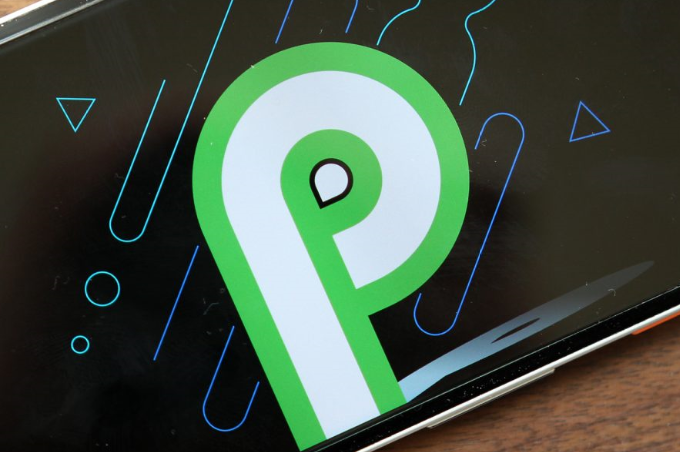Android P will ditch the “app not responding” window for un-responsive apps.
Google announced their latest OS Android P at the Google IO conference held last week. Many Android users might have seen an “app not responding” (ANR) window before an application hangs or freezes. This window allows a user to see if it responds or forcibly close an app. Now, this window will be a thing of the past because the Google’s Android P will automatically crash the app.
The company revealed this new feature in a developer session at the IO conference. Google also described the reason for the change in Android P’s behavior to un-responsive apps.
Google developer advocate Reto Meier said,
“Now, in Android P, this (ANR window) is no longer a problem, because we don’t show ANR dialogs. We just crash the app. So, that’s not a better outcome for your users, but it’s a much stronger signal to us as developers that we need to make sure that we’re taking care of this particular problem.”
This news might be good for many Android users since they are unable to wait until the freezing app recovers but this change could also be bad for some users. For example, if you were working on forms or typing a lengthy essay and the app freezes, you might have to say goodbye to your progress.
This decision has been met with mixed reviews so far from Android users. One user called the decision “stupid,” noting that apps usually hang on low-end smartphones. The user argued,“I tap ‘wait’ and the app responds after a little period.”
Google has already admitted that this feature doesn’t benefit general Android users but the company says that they have made this decision to motivate developers and to ensure that apps of developers perform as expected and without issue.
However, making apps compatible with all hardware configurations, given the sheer variety of Android devices available on the platform, will be a serious challenge for developers, especially for those developers who are working alone.
Do you think this is putting unnecessary pressure on developers and will the end user benefit from this feature? Let us know in the comments section below.











